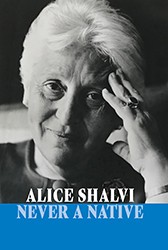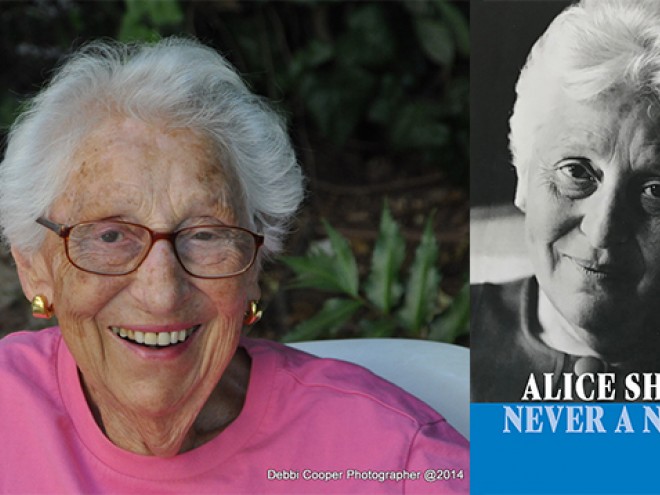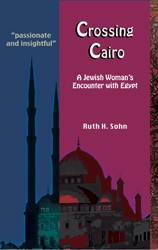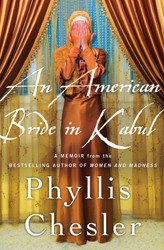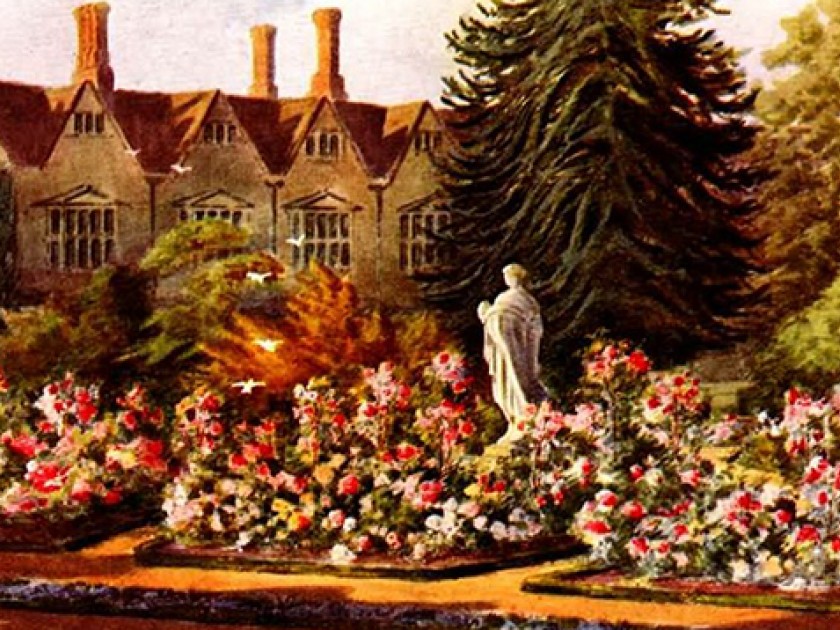
The Rose Garden, Knole, Sevenoaks. Charles Essenhigh Corke / Wikimedia Commons
We set off on a blue-gold Sunday morning with no clear destination, no defined purpose other than to escape from the sun-baked metropolis: a tightly packed carload of young people, freshly minted graduates, enjoying our last summer of freedom before settling down to income-earning responsibilities. We had no specific goal. We had bathing costumes and towels in case we reached the sea. We had an ample supply of fruit and sandwiches. We knew that wherever we went in rural England we would find a pub to quench our thirst. The South Downs came to mind. Box Hill resonated for those of us who knew Jane Austen’s Emma. Never mind, we said, we’ll see what crops up. We crossed the Thames and headed south-east, avoiding what was then, in the late 1940s, considered a highway and choosing instead the less-travelled lanes and byways lined with hedges where wild flowers grew surrounding peaceful pastures of calmly grazing sheep and cows. A perfect day for aimless ambling.
Suddenly, a signpost with the familiar emblem of the National Trust: Knole House. I gasped in excitement.
“We have to go there.”
Willy, who’d been reading some of the same books as me, at once understood. He knew the connection to Virginia Woolf’s Orlando. Knole was the ancestral home of the Sackville-West family, the home of whose inheritance Virginia Woolf’s lover, Vita, had been deprived only because she was a woman. The loss had been a tragedy for her. Neither my brother nor I had possessed the essential background knowledge when we first read the novel, spellbound by the luscious prose, the twists and turns of plot, the bisexuality of the protagonist (Vita, of course). Knole was an essential part of Orlando. Now we had a chance of seeing it, of visiting it and traversing its rooms, courtyards, galleries and formal gardens.
Knole is a “calendar” house: 365 rooms, 52 staircases, 12 entrances, seven courtyards. It is surrounded by 1,000 acres of wooded land, part of it a deer-park. At its heart lies the original, oldest part of the structure, built in the middle of the 15th century, around which successive generations added layer upon layer of accommodation. The long gallery is lined with portraits of these Sackvilles. Here is, as Virginia Woolf saw, a history of England that covers four centuries and more. We came out to the park, sated: five young Jews, three of us not born in England, the others children or grandchildren of immigrants from Europe. We decided to picnic right there, in the inviting shade of an enormous oak whose ample trunk indicated it might well be as old as the house itself. I lay stomach down, my face cradled in my arms. Though it was well after lunchtime, I had no appetite. I breathed in the sweet scent of the grass. Unlike that of the London parks, it smelled fresh and untrodden. For the first time in my life, I felt intense envy.
“Who is wealthy?” asked our ethical fathers, rhetorically, replying, “He who is happy with his lot.”
It wasn’t true or at least at that moment it appeared not to be true. What we had seen was true wealth, the wealth not only of property but of continuity, of knowing not only the names of one’s great-grandparents and their forebears but knowing what they looked like, what they wore, what corridors they traversed, where they mounted their horses, danced to the sounds of the timbrel, made love; being able to visit their graves, pray in the pews in which they prayed. And us? My father had his father’s Kiddush cup. My mother lit her Shabbat candles in the candlesticks her mother had brought from Galicia. We had no photographs of the shtetls in which my parents were born. We were fugitives, constantly uprooted, forever on the move. Willy and I even had a mother tongue that was not the same as that of our parents. Indeed, what was their mother tongue? Yiddish, which their non-Jewish neighbours, born in the same country, neither spoke nor understood? Polish, to which they resorted when they didn’t want us to understand what they were saying; the language of “Pas devant les enfants”? Certainly it wasn’t English, which rapidly became my mother tongue after we left Germany, while Willy continued to count in German, to find pleasure in classic and contemporary German literature. Yet he never was and would never describe himself as German. In Germany, we were Ostjuden. From after the Second World War, when we finally attained British citizenship, we were always British, never specifically English. I mystified the guard at the border between Switzerland and Italy when I presented my passport – and no wonder. It was Polish.
Oh, for the serenity, continuity and stability of the Sackvilles and of Knole. Vita, banished from her beloved Knole, deprived of her legacy because of her gender, could fall back on property initially less beautiful and certainly of lesser personal sentimental value: Sissinghurst, a manor house at which Queen Elizabeth once spent three consecutive nights. Even older than Knole, it had not been as well maintained, because it never remained for long in the hands of one owner, but Vita and her diplomat-author husband Harold Nicolson created there what is undoubtedly the most original and beautiful of English country gardens. It seemed a fitting place to which to continue our day in the country.
The gardens were in full high-summer flower, laid out like a series of rooms, each one with a “door”, a gap in a hedge in between beds of tall flowers, through which one glimpsed a vista of a neighbouring room, as in a picture gallery. Its abundant lushness, the vast variety of colours and perfumes, the tranquility (there were few visitors) were at one and the same time paradoxically exciting and soothing. And because the creative project of reconstruction and renovation had been undertaken only some 20 years earlier, there was no evocation of a centuries-long family saga. Here was something I could cope with emotionally, though never emulate. A little garden of my own, even a small backyard, a balcony, somewhere where I could tend a few potted plants. And where I could be happy with my lot…
From Never a Native by Alice Shalvi. Copyright © Alice Shalvi 2018. Reprinted with permission from Halban Publishers.
Legendary Israeli feminist leader, scholar, educator, and social justice pioneer, Alice Shalvi’s name is synonymous with social activism and achievement. Ridiculed as a child in postwar London as “little refugee,” Alice made aliyah shortly after Israel’s independence and has been a leading figure in social justice movements in Israel ever since.
